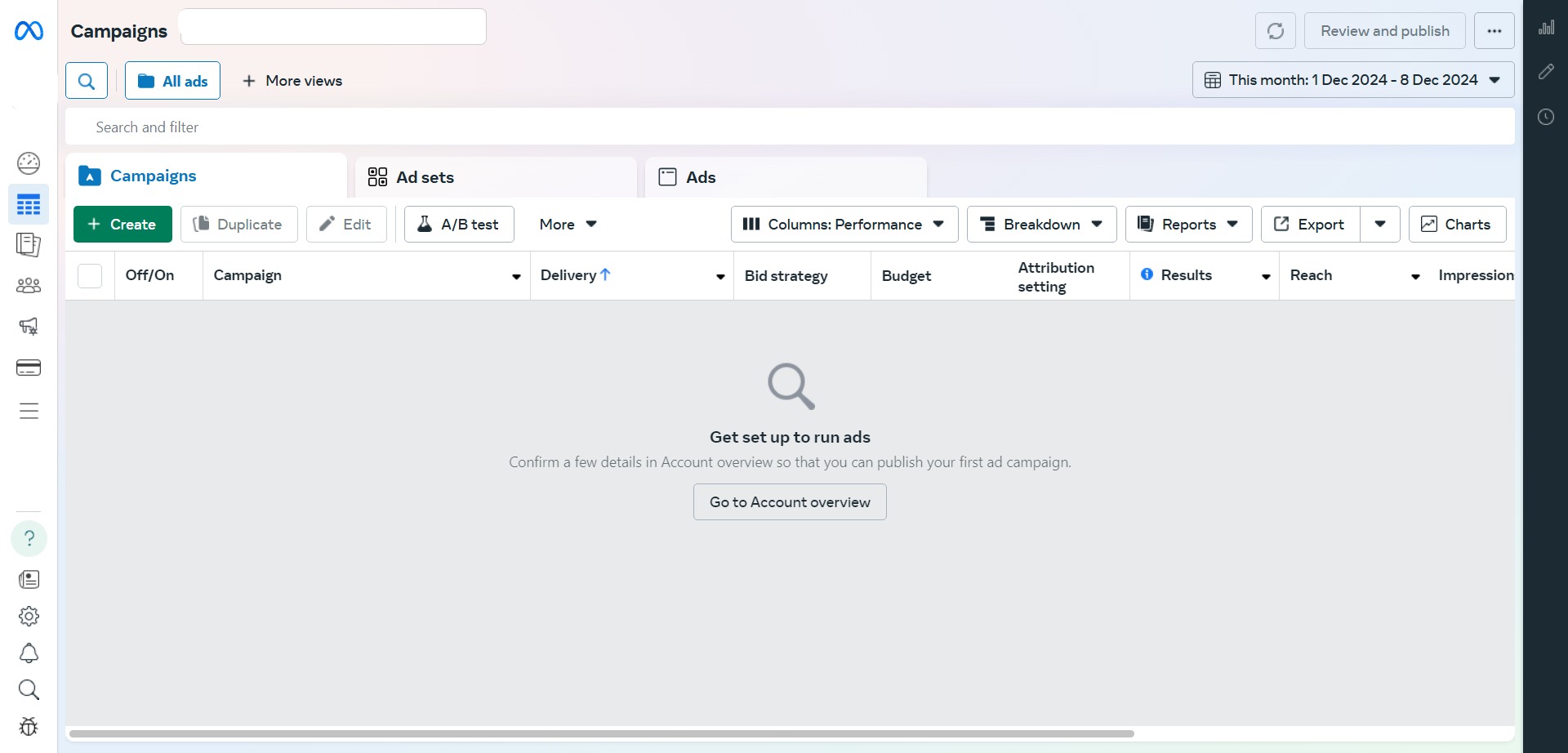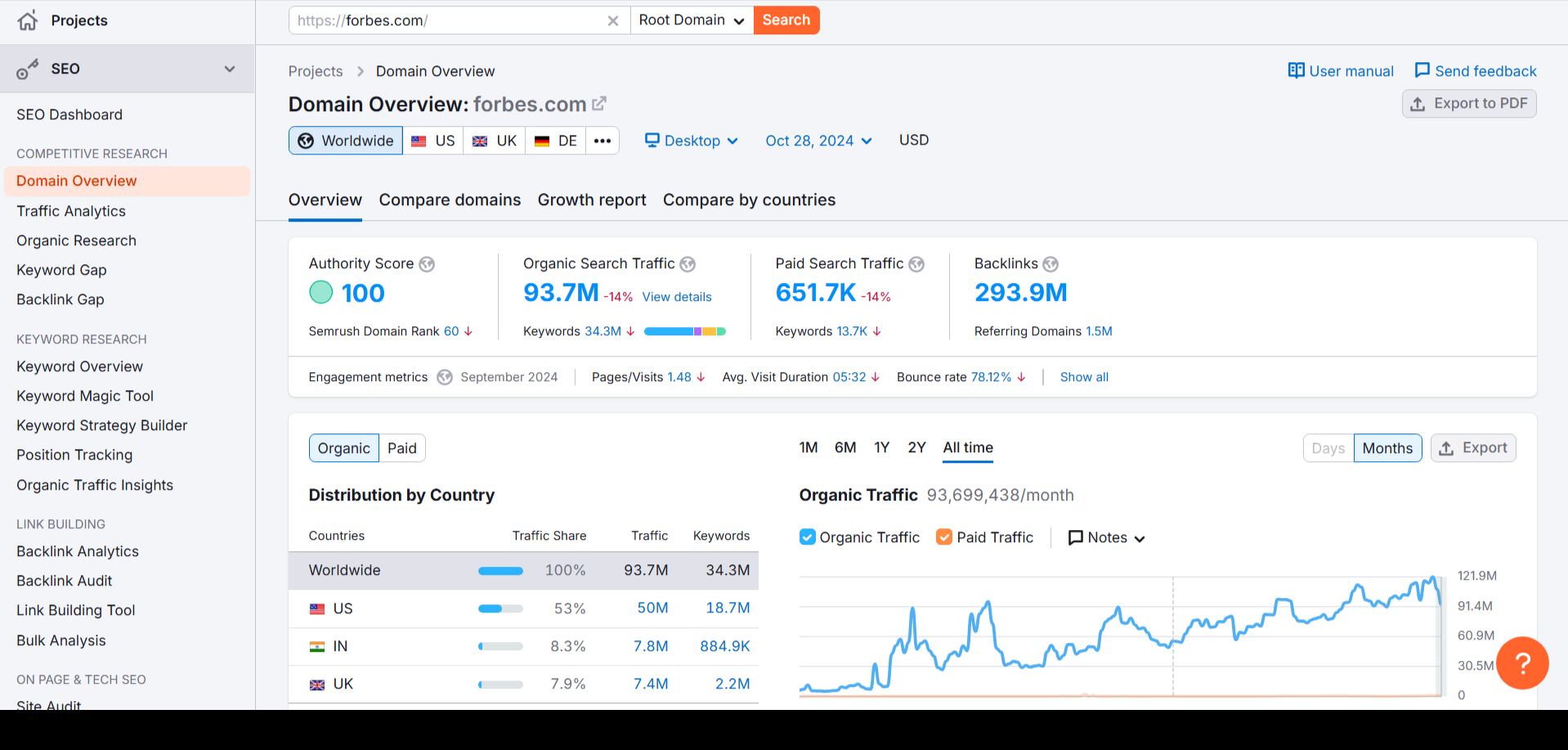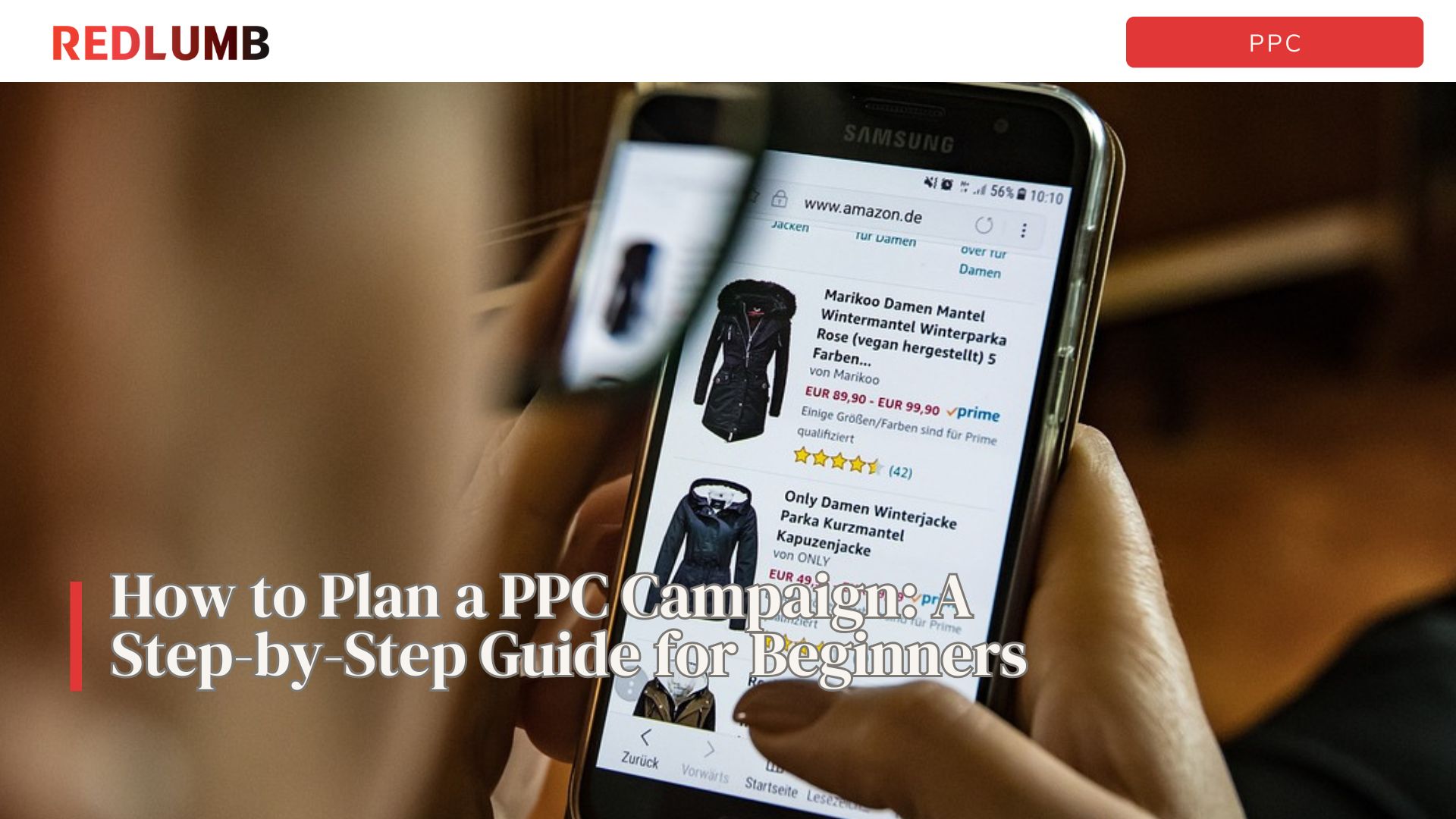Did you know that businesses waste an average of 76% of their PPC budget on ineffective campaigns?
That’s right – most companies literally throw away three-quarters of their advertising spend because they don’t know how to plan their PPC campaigns properly. Pay-per-click advertising can deliver impressive returns, but only when executed with a clear strategy and proper understanding.
Creating a successful PPC campaign requires more than just setting up a Google Ads account and hoping for the best. It demands careful planning, strategic keyword research using tools like Google Planner, and a deep understanding of PPC marketing fundamentals. You can not rely on solely search engine optimization traffic to get your business afloat.
For beginners stepping into PPC advertising, the process might seem overwhelming. However, breaking it down into manageable steps makes it much more approachable. This guide will walk through each crucial stage of planning and executing a successful PPC campaign, ensuring every advertising dollar counts.
[su_list class=”story-highlight”]Key Takeaways
- A successful PPC campaign requires meticulous planning, from selecting the right platform (Google Ads or Meta Ads) to structuring campaigns with clear objectives, strategic keyword groupings, and precise audience targeting.
- Well-crafted, value-driven ad copy and the strategic use of ad extensions can significantly improve click-through rates and overall ad effectiveness.
- Regular tracking of key metrics like CTR, CPC, and Quality Score, combined with A/B testing and remarketing strategies, ensures improved campaign performance and maximized ROI.[/su_list]
Setting Up Your First PPC Campaign
Setting up a successful PPC campaign begins with selecting the right advertising platform. Each platform offers unique features and reaches distinct audiences, making it crucial to align the choice with specific marketing objectives.
The two primary contenders for most businesses are Google Ads and Meta Ads (Facebook/Instagram). Google Ads processes over 99,000 search queries every second, making it ideal for reaching users actively searching for products or services. Meanwhile, Meta Ads excel at targeting users based on interests and behaviors.

A well-structured campaign requires careful attention to these essential elements:
- Campaign Structure Setup
- Define clear campaign objectives
- Set appropriate geographic targeting
- Choose language preferences
- Establish audience segments
When creating campaigns in Google Ads, advertisers should consolidate keywords into themed ad groups rather than using single-keyword groups. This approach helps Google’s AI better understand and optimize campaign performance.
[su_service title=”Info” icon=”icon: info-circle” icon_color=”#000″ size=”20″ class=”InfoBox”]Budget allocation plays a vital role in campaign success. Marketers should ensure enough budget to sustain campaigns throughout operational hours. Using tools like Google Keyword Planner can provide estimated cost-per-click (CPC) metrics to help determine appropriate budget levels.[/su_service]
For optimal targeting, consider implementing audience segments based on demographics, interests, and user behaviors. While Google now offers automated targeting options through AI, starting with customer profiles often achieves better initial results.
Remember that campaign settings are uniform across all ad groups within that campaign, including daily budget, network selection, and location targeting. This uniformity makes it essential to plan these parameters carefully before launch.
Crafting Effective PPC Ads
Creating compelling ad copy stands as the cornerstone of successful PPC campaigns. Research shows that well-crafted ads can increase click-through rates by 10-15% for each type of extension implemented.

To craft high-performing PPC ads, marketers should focus on these essential elements:
- Value-Focused Messaging
- Address user needs directly
- Highlight specific benefits
- Include clear calls-to-action
The most crucial step in creating effective ad copy is crafting messages that emphasize value to the user and speak to their needs. Advertisers should avoid generic sales language and instead focus on specific, relatable calls to action that resonate with their target audience.
Ad copy should tie headlines and descriptions to the most frequently served keywords in each ad group, as this increases relevance and can improve the effectiveness of responsive search ads. When writing headlines, marketers should include text from their top-performing keywords while maintaining a natural, engaging tone.
To enhance ad performance, businesses should leverage ad extensions, which can provide up to 20% improvement in click-through rates when including four site links. These extensions add valuable information such as phone numbers, location details, or additional links to relevant pages.
For optimal results, advertisers should regularly review campaign-level asset reporting to understand which elements resonate most with customers. This data-driven approach allows for continuous optimization and improvement of ad performance over time.
Optimizing Campaign Performance
Successful PPC campaign management relies heavily on continuous monitoring and optimization of key performance indicators. Data shows that advertisers who regularly track and adjust their campaigns see up to 76% higher conversion rates.
Essential Metrics to Monitor:
- Click-through rate (CTR) for ad engagement assessment
- Cost per conversion (CPC) to evaluate spending efficiency
- Conversion rate to measure campaign effectiveness
- Quality Score for ad relevance tracking
Regular performance analysis reveals that campaigns utilizing data-driven attribution models typically achieve better results. Marketers should focus on improving their Quality Score, as higher scores can lead to lower costs and better ad positions.
A/B testing plays a crucial role in optimization, with successful campaigns regularly testing different variations of ad elements. Studies indicate that implementing conversion tracking can significantly improve campaign performance, with some advertisers seeing up to 20% improvement in click-through rates when including four site links.

[su_service title=”Important” icon=”icon: exclamation-triangle” icon_color=”#00ae27″ size=”20″ class=”ImportntBox”]For optimal results, marketers should implement dynamic bid adjustments based on real-time performance data. This approach allows for immediate response to market changes and helps maintain campaign efficiency. Additionally, comprehensive dashboards should be utilized to visualize key metrics and track progress against established goals.[/su_service]
Remarketing strategies have proven particularly effective, with retargeting ads being 76% more likely to get clicks than standard display ads. By focusing on these optimization techniques, advertisers can significantly improve their campaign performance and maximize their return on investment.
Are You Ready to Maximize Your PPC Campaign Success?
PPC advertising success depends on careful planning, strategic implementation, and consistent optimization. Businesses that follow structured approaches to campaign setup, ad creation, and performance monitoring achieve significantly better results than those relying on guesswork.
Data-driven decisions stand at the heart of successful PPC campaigns. Regular tracking of key metrics, smart budget allocation, and strategic use of ad extensions help advertisers maximize their return on investment while minimizing wasted spend.
Smart marketers understand that PPC campaign management requires ongoing attention and refinement. Through careful monitoring of performance metrics, continuous A/B testing, and strategic remarketing efforts, businesses can build campaigns that deliver consistent results and steady growth in their target markets.
Remember that successful PPC advertising combines both art and science – creative ad copy must work hand-in-hand with data-driven optimization strategies. Companies that master this balance position themselves for long-term success in the competitive digital advertising space.
Moiz Banoori is a Digital Marketing specialist with over eight years of experience in content creation and digital journalism. He leads teams at various brands and focuses on developing effective SEO strategies that enhance online visibility. With a degree in journalism, Moiz combines his passion for storytelling with technical skills to deliver innovative digital solutions at REDLUMB, helping clients achieve their online goals in a competitive landscape.


![What is PPC in Digital Marketing? [Comprehensive Overview]](https://redlumb.ae/wp-content/uploads/2024/11/REDLUMB-Template-12-680x456.jpg)
